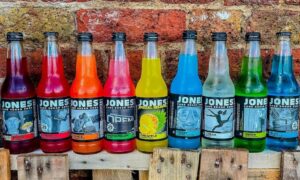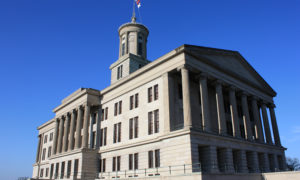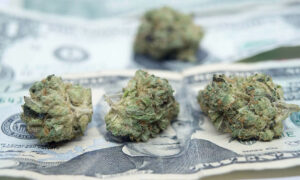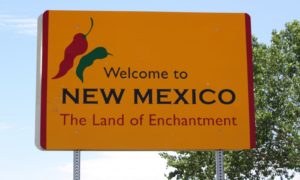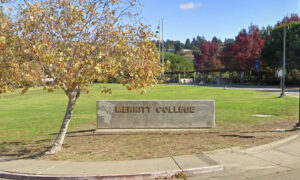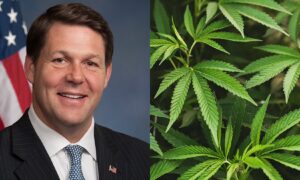DEA Rules THCA Is Not Legal Hemp Amid Industry Shake-Up And Farm Bill Debate On Delta-8 THC Prohibition
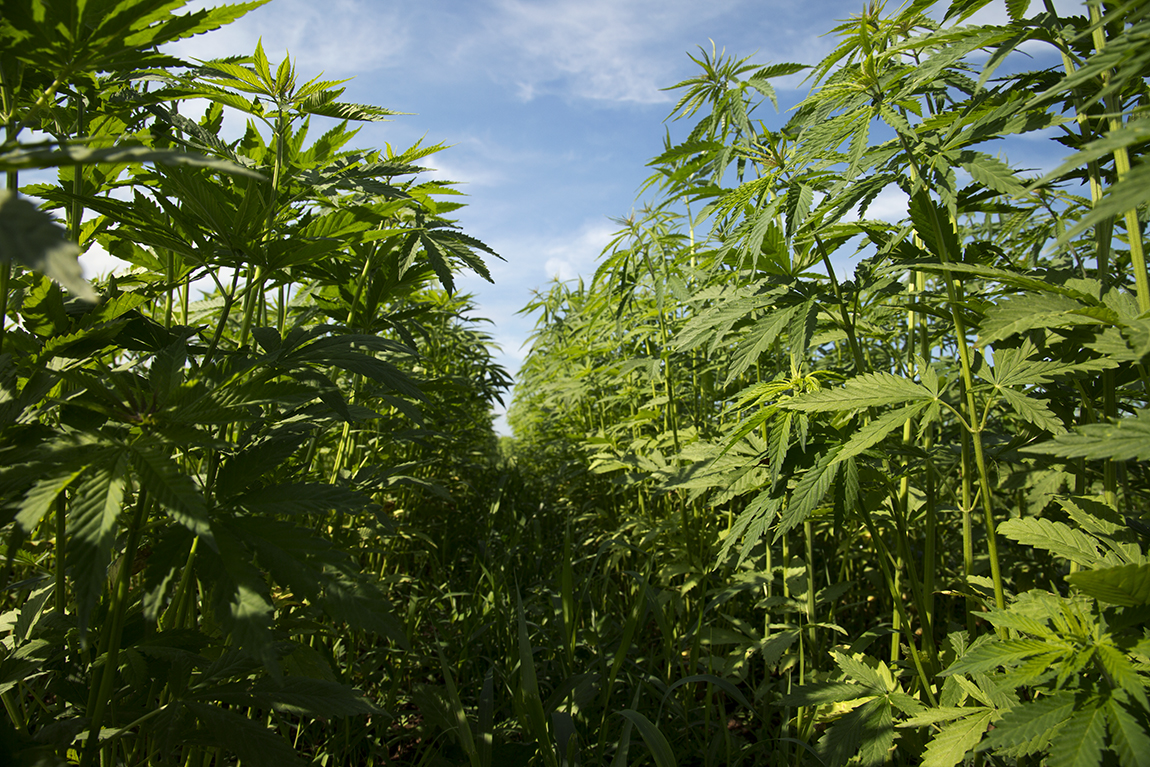
The US Hemp Roundtable expressed strong opposition to the interpretation
he Drug Enforcement Administration (DEA) recently clarified that the cannabinoid THCA must be included in THC concentration levels to comply with the legal definition of hemp, as specified by the 2018 Farm Bill. In a letter dated May 13, Terrence Boos, chief of the DEA’s drug and chemical evaluation section, stated that THCA, which converts into delta-9 THC when heated, must be counted in THC concentration calculations. This interpretation has raised concerns within the hemp industry, which fears significant compliance issues.
In his letter, Boos explained that the legal threshold of 0.3 percent delta-9 THC applies to both delta-9 THC and THCA post-decarboxylation, reported Marijuana Moment. “Cannabis-derived THCA does not meet the definition of hemp under the CSA,” Boos stated. This stance responds to a clarification request from cannabis attorney Shane Pennington and comes as Congress revisits cannabinoid regulations in the Farm Bill.
Industry Reaction And Concerns
Industry stakeholders, including the U.S. Hemp Roundtable expressed strong opposition to this interpretation. Jonathan Miller, the group’s general counsel, warned, “This interpretation would destroy the hemp industry.” Miller noted that most hemp farmers would be out of compliance under these new guidelines and alerted supporters to the amendment’s introduction, urging lawmakers to defeat it.
Also, Shawn Hauser, co-chair of Vicente LLP‘s hemp and cannabinoids practice, noted that the Farm Bill requires pre-harvest THC testing, including THCA. She pointed out that “a plant with high THCA likely exceeds the maximum allowable THC content and wouldn’t be lawful,” highlighting the confusion among businesses and state regulators.
To Read The Rest Of This Article On Benzinga, Click Here





